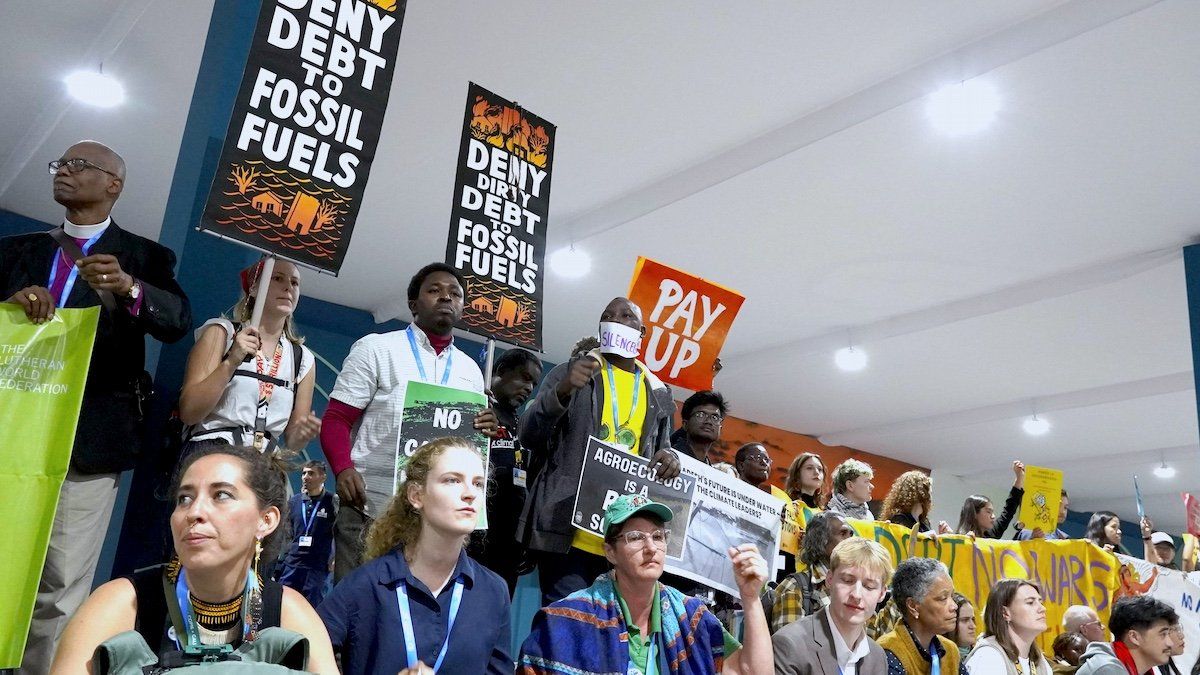Kyodo via Reuters
Aftermarathon sessions and deep divisions, COP29 concluded in Baku, Azerbaijan, with a commitment of $300 billion in annual assistance by 2035 to help poorer nations cope with climate change. That’s up from today’s pledges of $100 billion a year. Twenty-three contributors will kick in the funds, including the UK, US, Japan, and countries in the EU. Recipients include countries in Africa and South America, as well as a host of small island states.
While some delegates applauded the deal, many developing nations branded it a “betrayal.” Indian delegate Chandni Raina called it “an optical illusion.” “This will not address the enormity of the challenge,” she said. Meanwhile, low-lying nations like the Marshall Islands acknowledged that the deal is a “start” but ultimately insufficient.
While the agreement also lays groundwork for next year’s COP30 in Brazil, big questions remain. Will wealthy nations deliver on their pledges? How will the funds be divided? What can developing nations do if it isn’t enough?
The urgency is real. 2024 is expected to be the hottest year ever (the second record year in a row), with global emissions still rising. The world is currently on track for temperature increases of up to 3.1 C (5.6 F) by the end of the century, according to the 2024 UN Emissions Gap report.